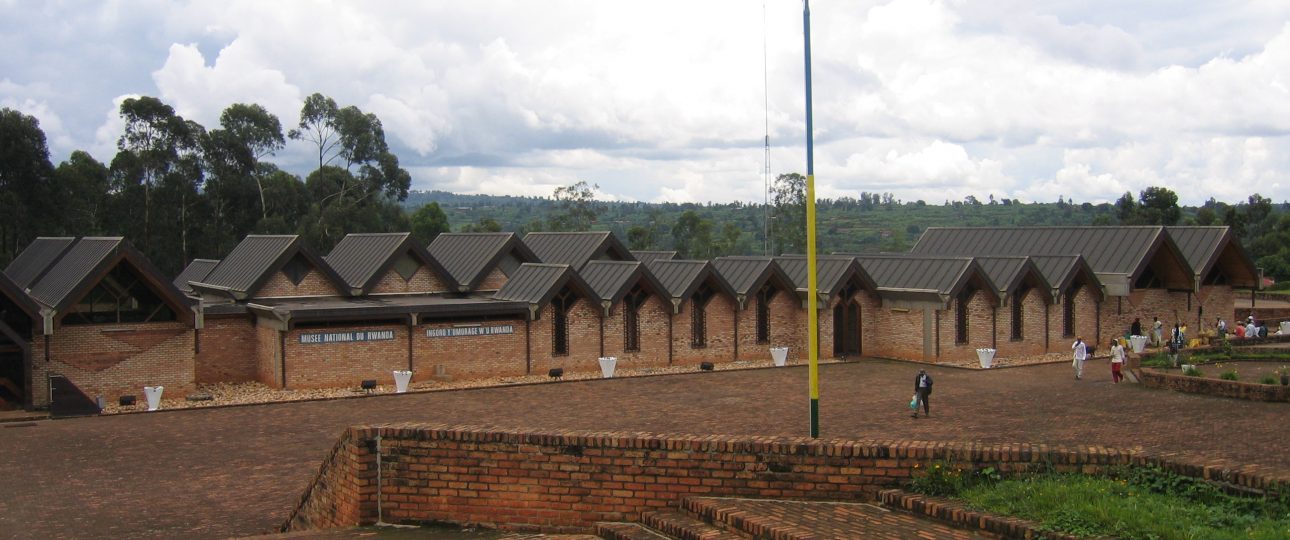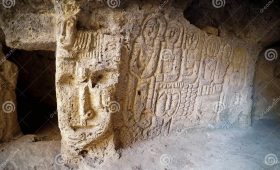Exploring the Ethnographic Museum of Rwanda
The Ethnographic Museum, located in Huye, Rwanda, is a treasure trove of cultural and historical artifacts. This museum, established in 1989, offers a deep dive into the rich heritage of Rwanda, providing visitors with a comprehensive understanding of the country’s diverse ethnic groups and traditions.
History and Significance
The Ethnographic Museum was founded to preserve and showcase Rwanda’s cultural heritage. It stands as a testament to the resilience and strength of the Rwandan people. The museum provides valuable insights into the traditions, customs, and lifestyles of various Rwandan ethnic groups, making it an essential stop for anyone interested in the country’s history.
Exhibits and Collections
The museum houses an impressive array of artifacts, artworks, and historical objects that vividly depict Rwanda’s cultural diversity. Here’s what you can expect to see:
Traditional Clothing and Accessories
The museum features an extensive display of traditional clothing and accessories. Each piece, from intricately woven fabrics to beautifully crafted jewelry, tells a story of craftsmanship and cultural significance. The vibrant colors and exquisite details of these garments are a highlight for many visitors.
Ritual Objects and Ceremonial Artifacts
Explore the collection of ritual objects and ceremonial artifacts to gain insight into the spiritual practices of different Rwandan ethnic groups. Sacred masks and ceremonial tools offer a glimpse into ancient rituals, with intricate carvings and symbolism that are fascinating to study.
Musical Instruments
Rwanda’s rich musical heritage is celebrated through the museum’s collection of traditional instruments. Discover drums, stringed instruments, and wind instruments that have played a vital role in Rwandan music for centuries. Occasionally, visitors might even witness a live musical performance.
Best Time to Visit
The Ethnographic Museum is open year-round. For milder temperatures and fewer crowds, consider visiting during the dry seasons, from June to September or December to February. If you’re interested in experiencing traditional Rwandan festivals, plan your visit around the Umuganura festival in August, which celebrates the harvest and showcases vibrant cultural performances.
Getting There
By Air
Fly into Kigali International Airport, the main gateway to Rwanda. From Kigali, the museum is about a two-hour drive south. You can hire a private car or take a taxi for a scenic journey through the Rwandan countryside.
By Public Transportation
For a more local experience, consider taking a bus or minibus from Kigali to Huye. This option is affordable and offers a chance to interact with locals. Buses are readily available, and the journey provides a unique perspective on Rwandan life.
Local Transportation
Once in Huye, getting around is straightforward. Here are some options:
Taxis
Taxis are convenient for short distances. They are available near the museum entrance, but it’s wise to negotiate the fare before starting your journey.
Motorcycle Taxis
For a bit of adventure, try a motorcycle taxi, known locally as “moto.” These are quick and efficient for navigating through traffic.
Walking
If the weather is pleasant, walking is a great way to explore the area around the museum. Rwanda’s landscapes are beautiful, and a stroll allows you to soak in the local culture.
Summary of Facts
- Established in 1989
- Purpose: Preserve and showcase the cultural heritage of Rwanda
- Exhibits: Traditional clothing and accessories, ritual objects and ceremonial artifacts, musical instruments
- Best time to visit: June to September or December to February for milder temperatures; August for the Umuganura festival
- Transportation options: By air via Kigali International Airport or by public transportation
- Local transportation: Taxis, motorcycle taxis, walking
With this information, you’re well-prepared to explore the Ethnographic Museum in Rwanda. Dive into the rich cultural heritage, explore the fascinating exhibits, and enjoy an enriching journey through Rwanda’s history.




